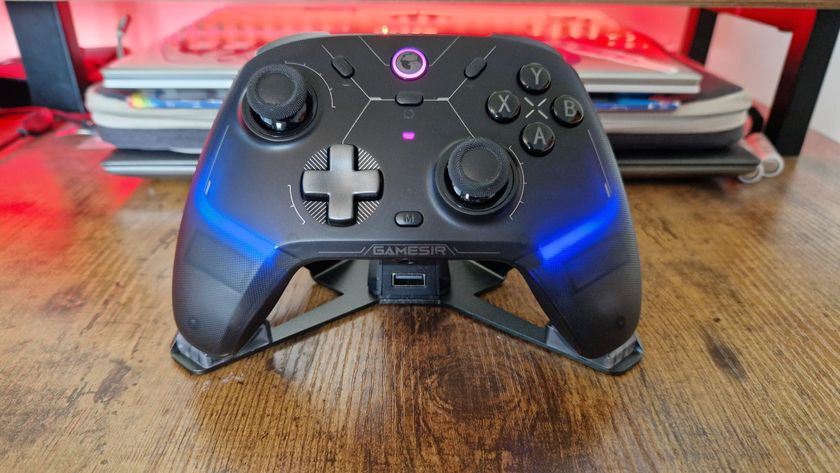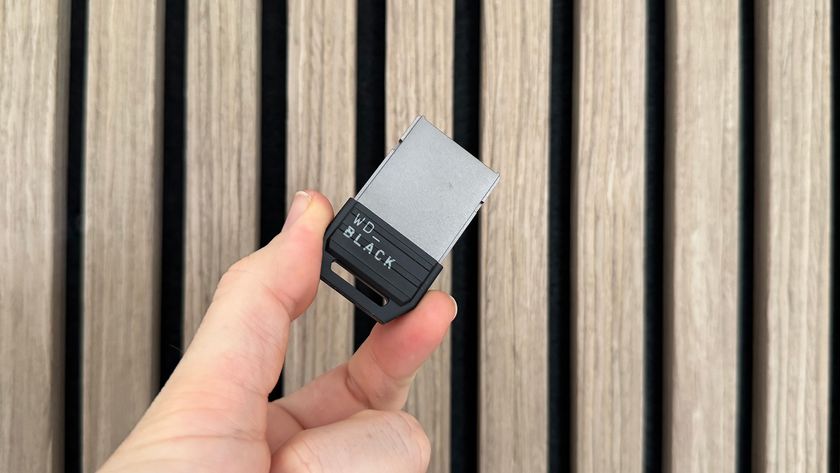Why you can trust GamesRadar+
One of the things that made Brain Age work was that it tracked your progress every time you played, and over time it was satisfying to see your gradual improvement. The games themselves wouldn't be able to stand alone just as minigames, because honestly they're not that fun. But the encouragement you received after doing a job well done made it all worth it.
Brain Boost, on the other hand, offers no way for players to track their progress. There is absolutely no way to tell from day to how you're doing or if the game is working at all like it says it will to improve your memory and concentration. You won't even receive any feedback based on how well you do on a game by game basis. Because of this, you'll end up feeling like you're just playing a set of really unfun minigames with no real purpose.
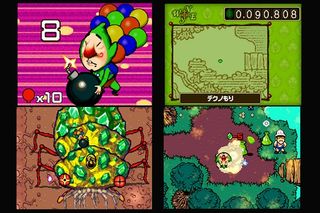
Which brings us to the question... why is this game on two separate cartridges? Each cartridge contains a set of five minigames (with four levels of difficulty each), all of which are available at the start of the game. There's no reason why this game couldn't have been released as a single cartridge with ten minigames, in two separate catagories (memory and concentration). If all of the content of both Beta and Gamma Wave were packaged in a single game, then it might have been worth picking up.
More info
| Genre | Family |
| Description | Two more DS games that promise to make you smarter. You might be better off reading a book, or staring into space, for that matter. |
| Platform | DS |
| US censor rating | Everyone |
| Release date | 15 November 2006 (US), 15 November 2006 (UK) |
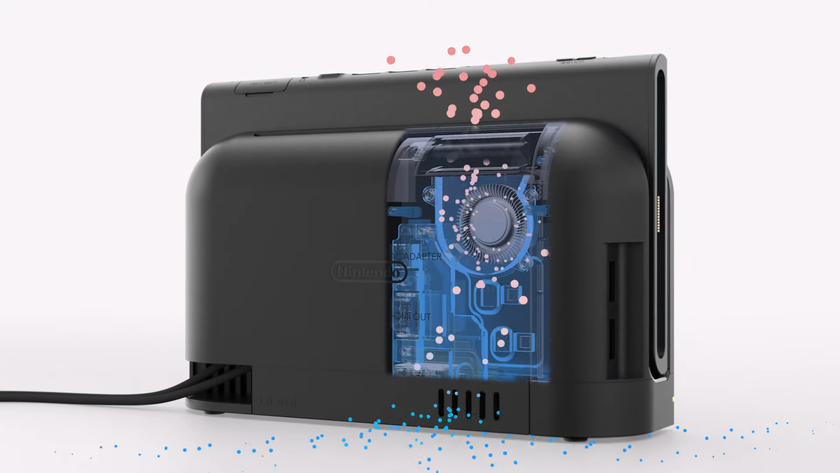
Nintendo says the Switch 2 "isn't simply an improved Nintendo Switch, we redesigned the system from the ground up," and after 8 years, I'd sure hope so
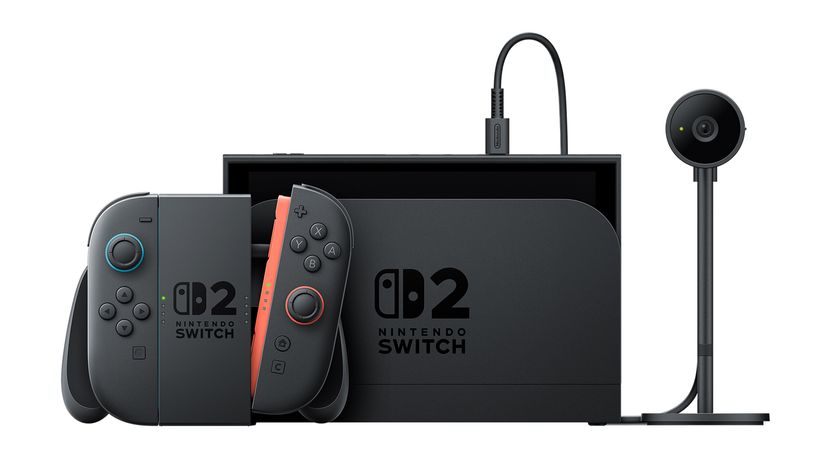
Japan's "multi-language" Switch 2 costs 20,000 more yen, or $130 more dollars, than the Japanese-only version
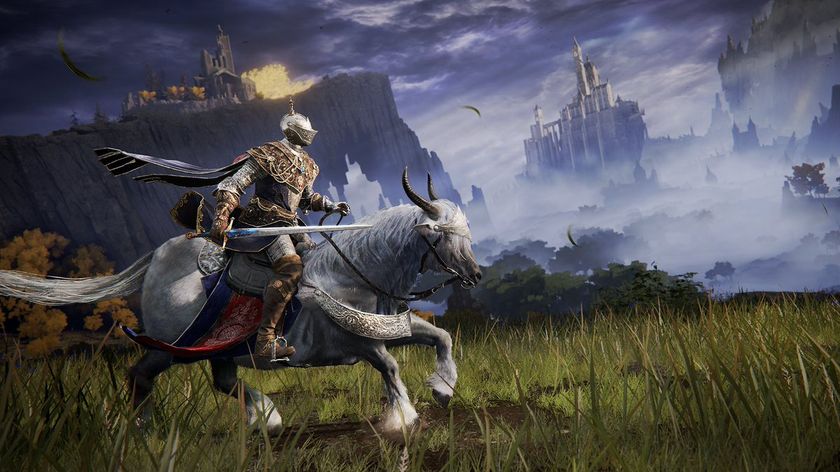
Elden Ring is getting a fancy new name on Switch, new weapons and armor, and new horse clothes on all platforms



